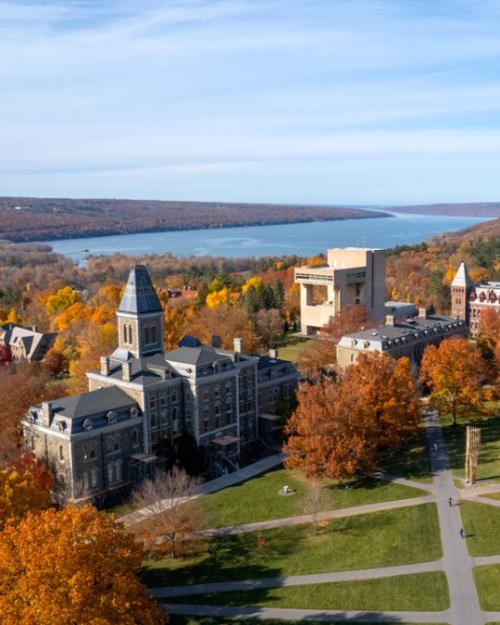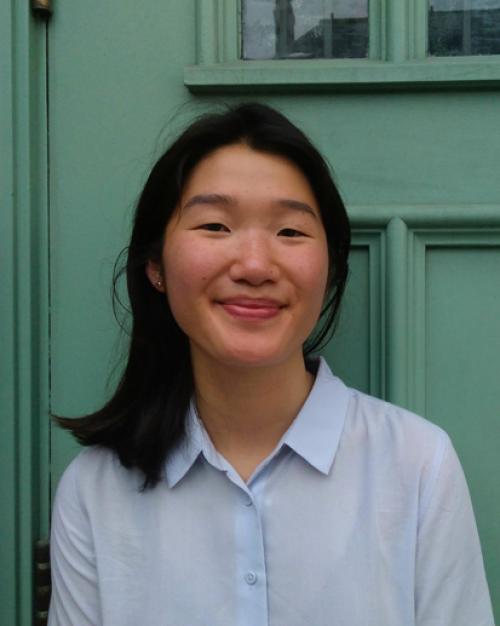Megan Zhang’s ’16 gap year working with families at a women’s and children’s shelter outside of Boston has opened her eyes to the diversity of experiences and situations that can lead someone to become homeless.
The 18-year-old mom who just arrived, the 46-year-old mom who’s been living at the shelter for three years, the undocumented moms and kids who venture out into the streets for fear that immigration agents will find them in the shelter and deport them, Zhang has met all of them.
As she enters medical school this fall at the University of Maryland, Zhang says those stories will stick with her and she hopes to continue working with homeless or urban residents during med school and beyond.
“It can be overwhelming, but I do enjoy it,” Zhang said of her work as an advocate for homeless families. “There’s a lot of pressure in medical school to go into the most intense or prestigious specialties and primary care is looked down upon. But there’s a huge shortage of primary care in this country and I think I’ve found my niche.”
An American studies major who also took the premed curriculum, Zhang said her diverse set of coursework at Cornell already benefitted her during the medical school application process and is sure to benefit her down the line.
“During my medical school interviews, my American studies major gave me a unique background and was definitely a conversation starter,” she said. “It makes you a much more competent person in dealing with people who have different backgrounds than yourself. I appreciate the confidence it gives me to ask people about their side of the story, because there’s always another side of the story.”
Zhang said some of the most impactful classes she took at Cornell focused on inequality, political thought and the U.S. prison system.
“I’d never gotten the side of history that wasn’t white man’s history,” she said. “In high school, I didn’t learn about the Tuskegee experiment or the Pan-Asian movement. I appreciated the freedom that American studies allowed me to choose what I thought was important to know about other people in this country.”
The first semester of her senior year, Zhang took “Urban Inequality” with Kendra Bischoff, assistant professor of sociology. She wrote a paper about the gentrification of Chinatown and met Paul Muniz, a teaching assistant studying homelessness in Los Angeles for his doctoral thesis, and signed on for an independent study with him during her final semester.
“That’s when I decided to apply for the job I’m at now,” she said. “I was reading the seminal works on homelessness and dealing with the theory and numbers, but I wondered ‘Is this a population I want to work with? Would I be good at this work?’”
Her gap year experience has helped confirm her interests, she said.
“I’d like to end up somewhere where I could use my Mandarin,” Zhang said. “I went to a bilingual community clinic in Boston’s Chinatown area and I could see myself doing something along those lines.”





